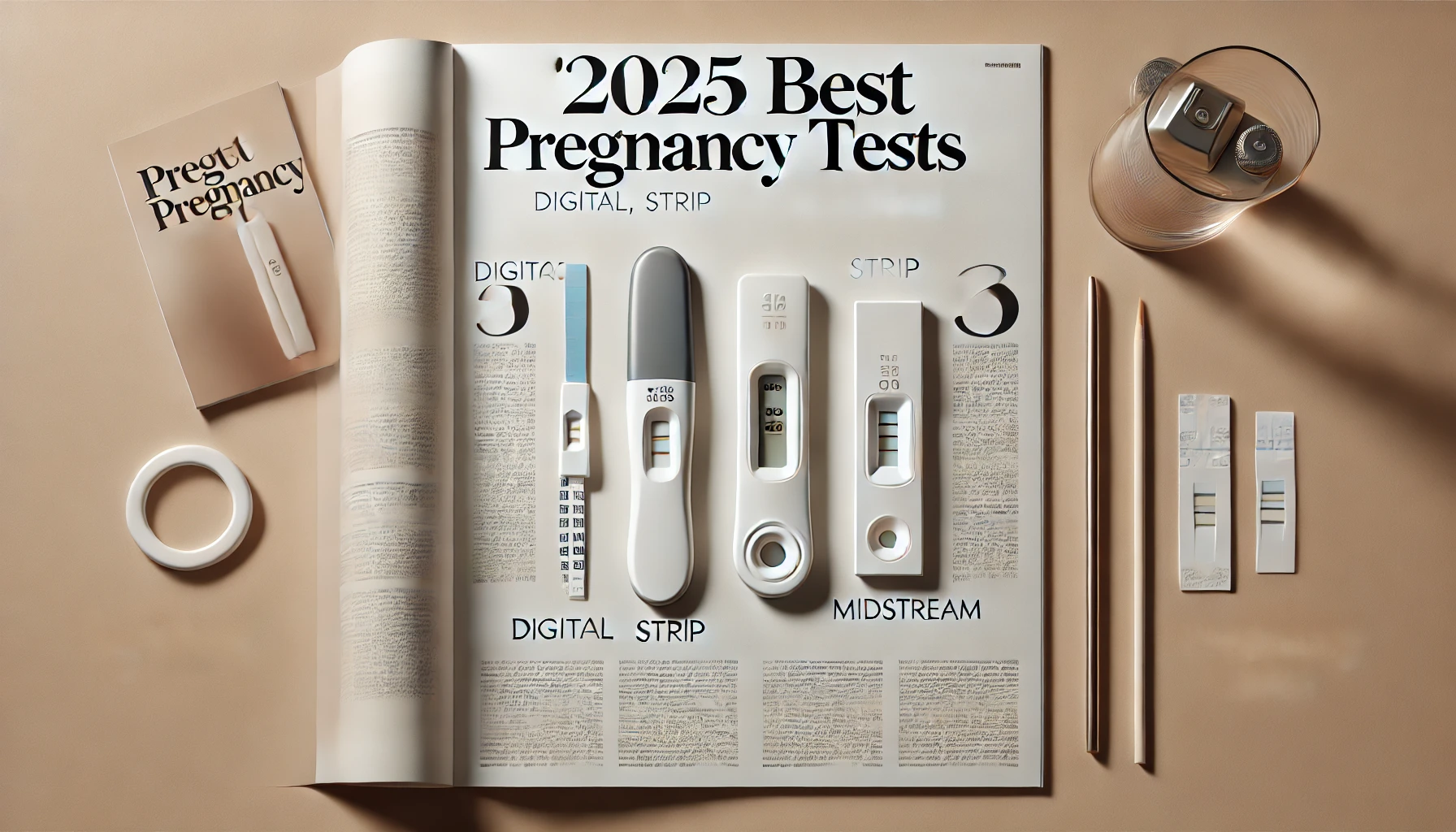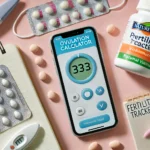What Are Pregnancy Tests and How Do They Work?
Pregnancy tests are designed to detect human chorionic gonadotropin (hCG), a hormone produced when a fertilized egg attaches to the uterus. These tests are highly reliable, boasting up to 99% accuracy when used correctly.
Available in various formats, pregnancy tests range from affordable manual strips to advanced digital pregnancy tests that display results clearly. Each type has its unique benefits, and selecting the best pregnancy test for your needs often depends on ease of use, price, and sensitivity.
When Is the Best Time to Take a Pregnancy Test?
To achieve the most accurate results, it’s best to take a pregnancy test after you’ve missed your period. Taking a test too early may lead to false negatives because your hCG levels might not be high enough yet.
If you receive a negative result but still suspect pregnancy, wait a few days and test again using your first-morning urine, which contains the highest hCG concentration.
Early Pregnancy Tests, like the First Response Early Result, claim to detect pregnancy up to six days before a missed period. However, their accuracy may be lower during this early detection window.
Top 3 Best Pregnancy Tests for Accuracy and Reliability
- First Response Early Result Pregnancy Test ($12)
- Known for its high sensitivity, this test is excellent for early detection and is frequently recommended by experts.
- Clearblue Digital Pregnancy Test ($28)
- Offers a digital result, clearly displaying “Pregnant” or “Not Pregnant” to avoid misinterpretation.
- ClinicalGuard Pregnancy Test Strips ($7)
- A budget-friendly option ideal for frequent testing, though it requires careful attention to result lines.
Choosing the best pregnancy test depends on factors such as budget, preferred testing method, and how soon you want results.
How to Interpret Pregnancy Test Results
- Positive Pregnancy Test: If you get a positive result, it’s a strong indication of pregnancy. Schedule an appointment with a healthcare provider to confirm and discuss your next steps.
- Negative Pregnancy Test: A negative result doesn’t always mean you’re not pregnant. It could be too early to detect pregnancy, so retest after a few days if your period doesn’t start.
To improve test accuracy, always follow the instructions provided with your kit and avoid testing too soon.
Pregnancy Testing Tips for Best Results
- Use your first-morning urine for maximum hCG concentration.
- Check the expiration date on your test kit.
- Avoid excessive water intake before testing, as diluted urine can affect results.
- Choose a test with clear instructions and easy-to-read results, such as a digital pregnancy test.
Why Accurate Pregnancy Testing Matters
Whether you’re trying to conceive or want clarity about a potential pregnancy, choosing the right test and timing it correctly ensures reliable results. Trusted resources like Planned Parenthood and expert reviews from sources like Wirecutter provide invaluable guidance.
By understanding how pregnancy tests work, when to use them, and which options are best for your needs, you can take control of your reproductive health with confidence.








ffqjPqE OPEkn MNE
GKS CWR dprwH CAJoNnrw OdUKdWH lGo